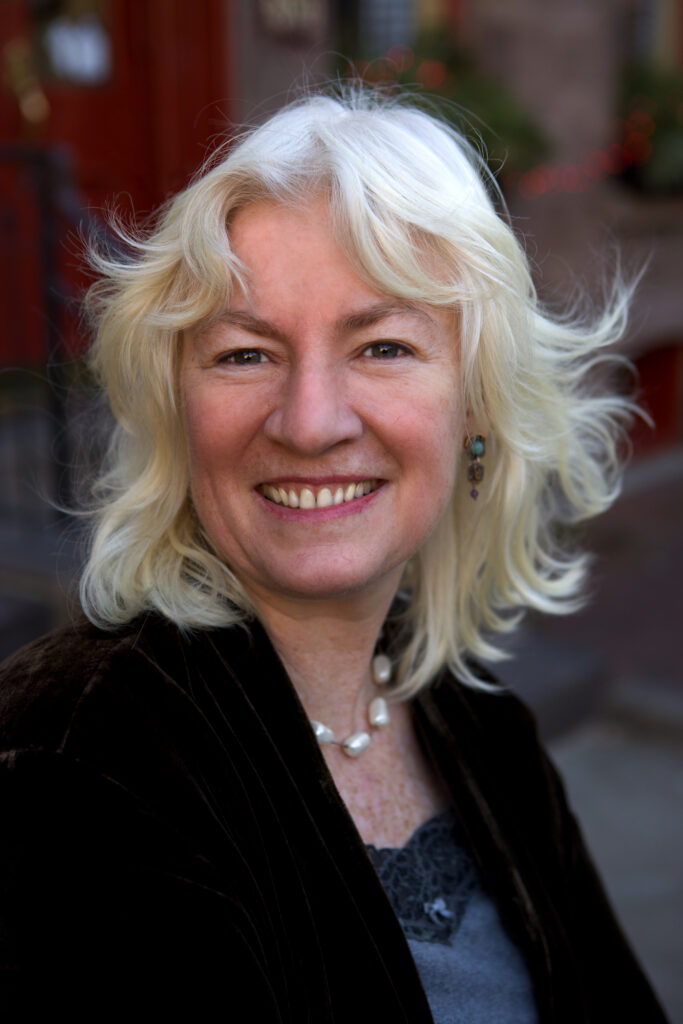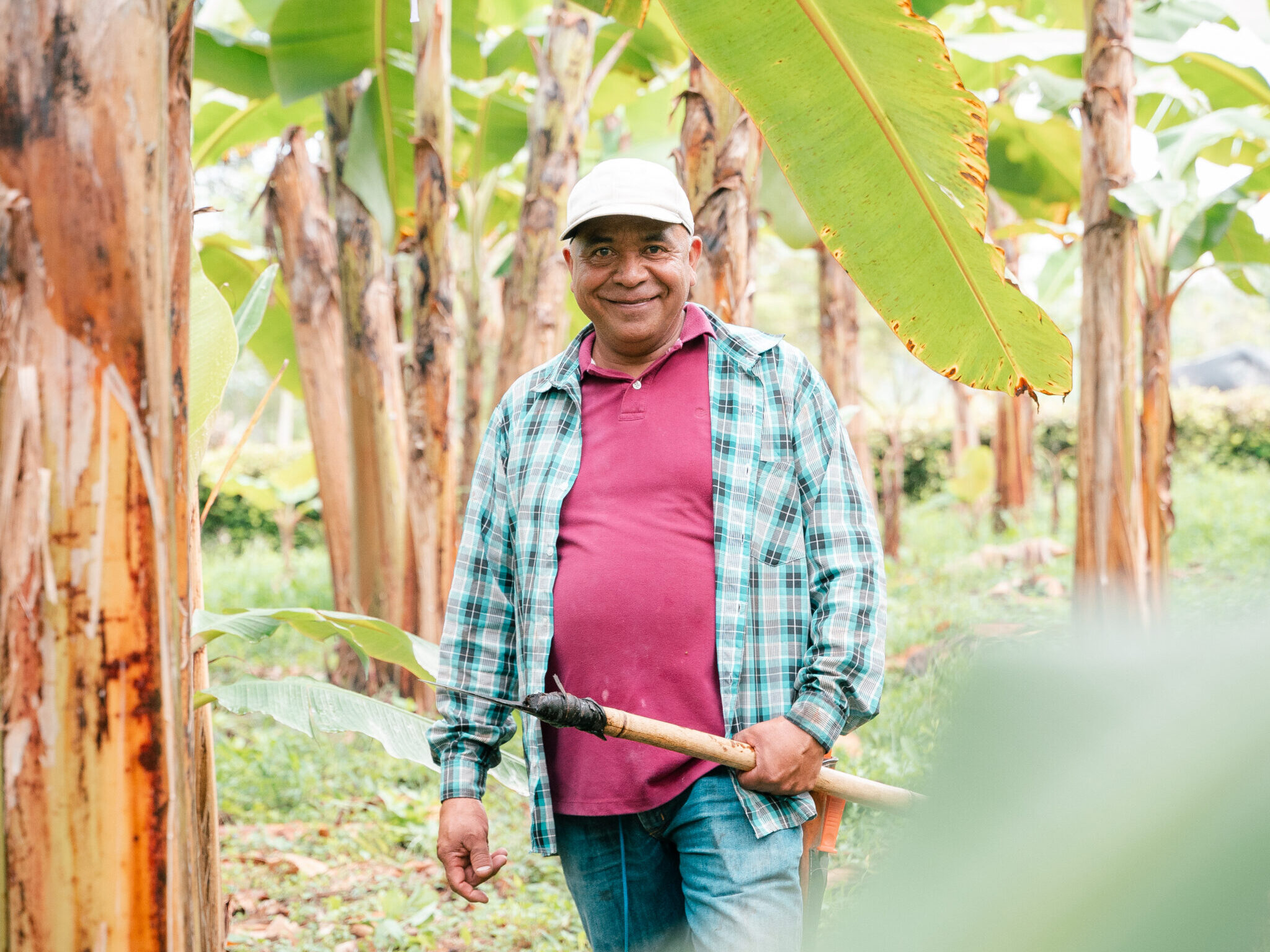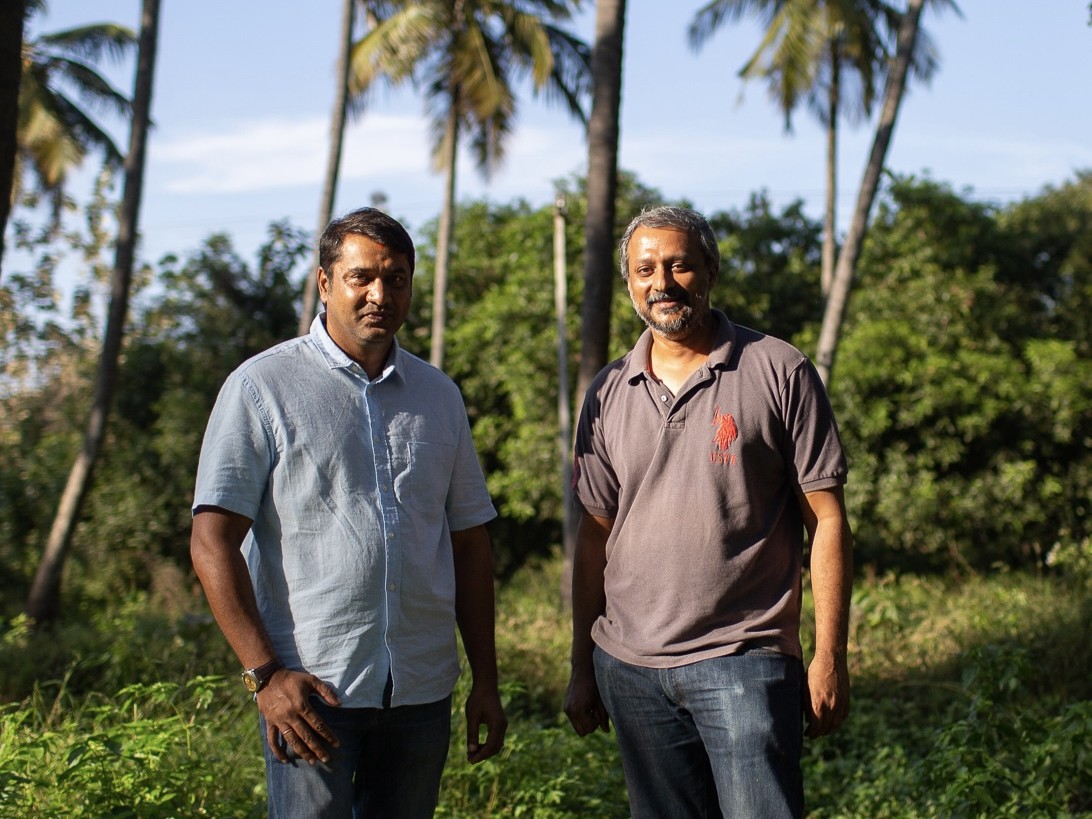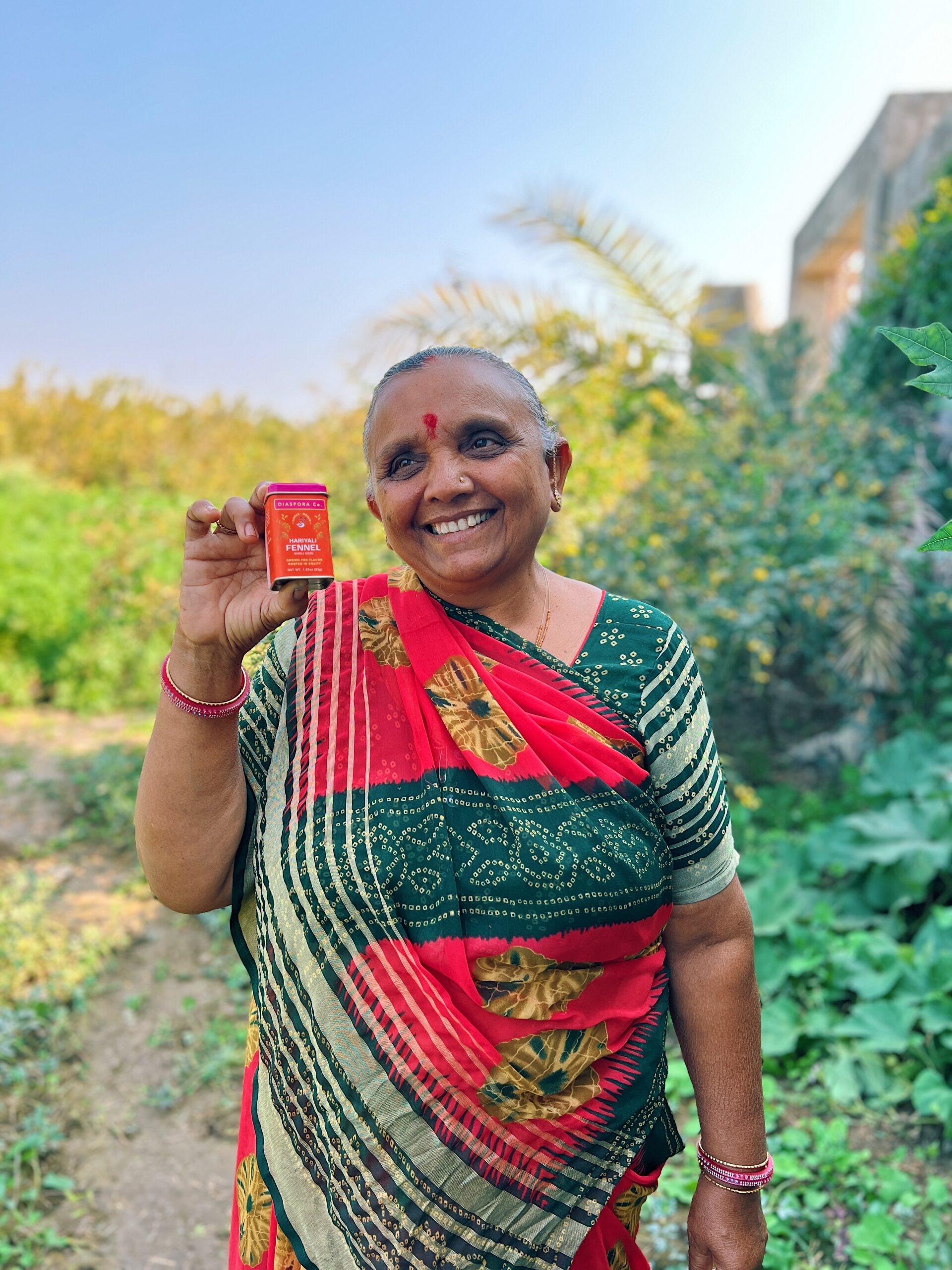Not long after I opened the White Dog Cafe in Philadelphia in 1983, I hung a sign in my bedroom closet in my home above the shop – right where I would see it each morning. “Good morning, beautiful business,” it read, reminding me daily of just how beautiful business can be when we put our creativity, care, and energy into producing a product or service that addresses our community needs. I would often think of my own business, and how the farmers were already out in the fields harvesting fresh organic fruits and vegetables to bring into the restaurant that day. Business, I learned, is about relationships—relationships with everyone we buy from, sell to, and work with, and our relationship with Earth itself. My business was the way I expressed my love of life, and that’s what made it a thing of beauty.
My new memoir Good Morning, Beautiful Business: the Unexpected Journey of an Activist Entrepreneur and Local Economy Pioneer follows my evolution from a little girl who rebelled against playing with dolls and learning to cook, to a businesswoman who fully embraced her feminine energy to help build a new economy—one based on caring and sharing. A key turning point in my evolution came when I moved from being a competitive businessperson to a cooperative one.
This story begins when I learned about the cruel and unhealthy treatment of pigs in the industrial system, where sows are crammed into small crates in windowless factories for their entire lives. I was aghast that the pork I was serving at the White Dog must come from this barbaric system, as most of the pork in our country does. The next day, I went into the kitchen and announced, “Take all the pork off the menu. Take off the bacon, the ham, and the pork chops. We cannot serve pork again until we find a humane source.” Our chef asked farmer Glenn Brendle, who was bringing in free-range chicken and eggs, if he knew a place that raised pigs in the traditional way. It wasn’t long before he was bringing us two pigs a week.
Next I discovered the plight of the cow—herbivores confined in barns and crowded feedlots and fed subsidized grain. So we found a local source for grass-fed beef and dairy. After much work on our chef’s part to find humane sources for all our animal products, I looked at our menus and thought, At last! We’ve done it! All of our meat, poultry, eggs, milk, yogurt, and cheese come from farmers who treat animals kindly. No product comes from the industrial system of factory farms. And we were the only restaurant in town that could make this claim. So this was our market niche. Our competitive advantage!
Then my transformational moment came. I said to myself: Judy, if you really do care about the pigs and other farm animals that are treated so cruelly; the small farmers who are being driven out of business by factory farms; the environment that’s being polluted by the concentration of waste and unhealthy practices; the workers in these ghastly slaughterhouses and factories; the rural communities that are being destroyed; and the consumers who eat meat that’s full of antibiotics and hormones, then rather than keep this as your competitive advantage, you should share your knowledge with your competitors.
Up until this point I had always felt that my highest calling was to model socially responsible practices within my company, but it was no longer enough. After all, there is no such thing as one sustainable business, no matter how great our practices are, we can only be a part of a sustainable system. I had to move from a competitive mentality to one of cooperation in order to build that system—an entire local food system based on the values I upheld.
I was ready to roll. We needed to expand the small network of local farmers supplying the White Dog to a much larger network of farmers supplying as many restaurants and retail markets as possible. I asked farmer Glenn if he would like to expand his business.
“Yes,” he replied.
“What’s holding you back?”
“I need thirty thousand dollars to buy a refrigerated truck so I can deliver to more restaurants.” I loaned Glenn the thirty thousand dollars, and he bought the truck.
It takes a lot of capital to build a new economy. The type of low-interest loan I made to farmer Glenn for his refrigerated delivery truck is needed across the country. Yet most people, even those who want to bring social change and see the need for a more nurturing economy, invest their savings in the stock market where it perpetuates the old exploitive economy. My own experience in learning how to invest differently began in 1999 when I suddenly became a stockholder. After my mother passed away, I inherited a stock portfolio comprised of holdings first purchased by my grandfather and kept in the family for over fifty years. I wasn’t quite sure what to do with it all.
At first I hired a broker to trade my stock for what was considered “socially responsible investing,” a concept where stock is “screened” to eliminate companies involved with such things as weapons, tobacco, and animal testing. But when I looked at my new portfolio, I was shocked to see Wal-Mart, a company known to destroy local economies and underpay its workers. How could I support such a company—even if it had passed through the screens created by brokers for socially responsible investing?
That’s when I realized that I did not want to participate in the stock market at all. These are single-bottom-line companies, who by law are directed toward maximizing profit for stockholders above the interest of other people and our planet. Instead, I wanted to invest in companies that passed through a different screen, one that could filter out all companies who are not independently owned and triple bottom line.
So in 2000 I sold all my stock. That’s when I first became an investor in RSF Social Finance and a local investment vehicle called The Reinvestment Fund (TRF), where I knew my money would be used to build the economy I envisioned. To the surprise of my investment-savvy friends, over the long term my investments at RSF and TRF outperformed their stock market returns.
When I discovered that the wind turbines bringing renewable electricity to Philadelphia were capitalized by TRF, I coined the term living return. The return on my investment was not only paid in dollars, but by the benefit of living in a healthier community. I began receiving a living return, and with it the happiness and satisfaction of knowing where my money was—doing good right in my community.
Naturally, I also saw living returns from direct investment in my supply chain. My loan to farmer Glenn improved my menu and supported local sustainable farming. I made another supply chain investment in my coffee source helping Zapatista revolutionaries in Mexico export organic fair trade coffee. Previously, the growers were forced to sell to local representatives of giant coffee corporations for such a low price that it kept them in poverty. After learning of the violence and oppression waged against the indigenous people of Mexico, I organized a group of coffee importers and investors to assist the pro-democracy struggle by developing direct fair trade routes between an indigenous cooperative and two coffee importers in the U.S. A fellow investor and I each made a $20,000 low interest loan to the two U.S. fair trade importers who then pre-paid the cooperative so they had enough money to buy the coffee from their members. Once the coffee was shipped to the importer and sold to coffee roasters around the country, my loan was repaid. After the second year’s loan, the indigenous cooperative had enough capital to pay their members for their coffee without a pre-payment from the importers. Again the pay-off for me for investing in my supply chain was not only financial but in having access to organic fair-trade coffee grown by people I knew and trusted. And, importantly, it was also an experience that helped me envision a new global economy—one comprised of a network of local economies self-reliant in basic needs and connected by fair trade.
Building a new economy, I came to realize, rests on a simple quality: our capacity to care—followed by our willingness to do what is necessary to defend and nurture what it is that we truly care about. Change begins in the heart of the entrepreneur. And for that matter, the hearts of the investor and consumer as well. It’s the power of love and compassion that can bring transformative change and build an economy that is prosperous and strong, yet one where loving relationships matter more than profits.
by Judy Wicks

Judy Wicks is an entrepreneur, author, speaker, and mentor working to build a more compassionate, environmentally sustainable, and locally based economy. In working toward this vision she founded Fair Food, the Sustainable Business Network of Greater Philadelphia, and co-founded the Business Alliance for Local Living Economies, BALLE. As an entrepreneur, Judy is best known for Philadelphia’s landmark White Dog Cafe, which gained national recognition for community engagement, environmental stewardship, and responsible business practices. With Chelsea Green Publishing, Judy recently published Good Morning, Beautiful Business.


